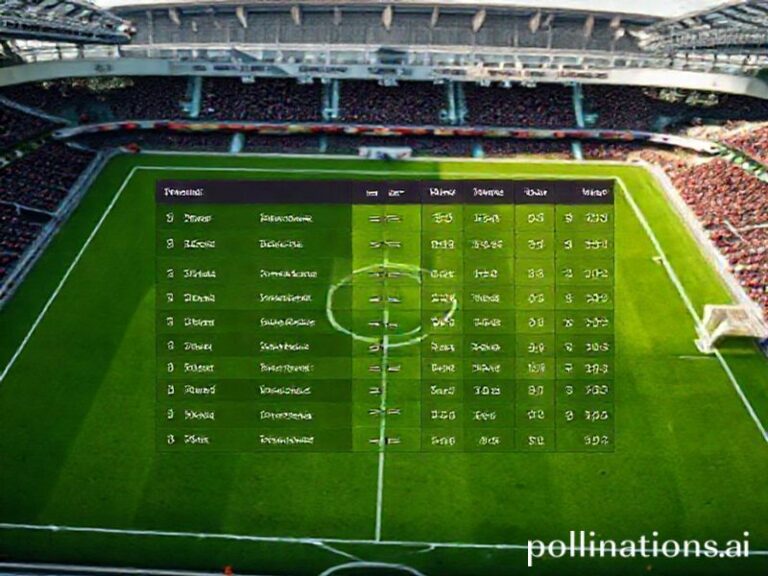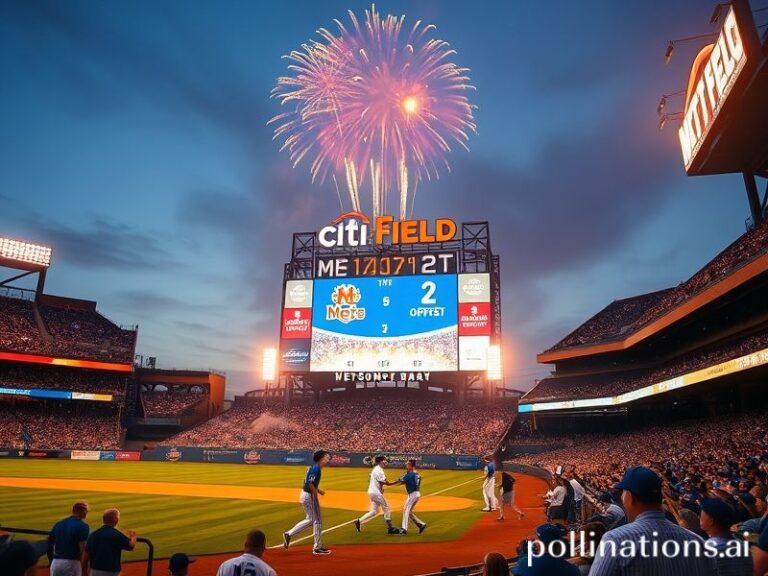Mortgage Rates: The Global Trend That’s Making Homeownership a Hot Topic
# **Mortgage Rates: The Global Plot Twist No One Saw Coming**
In a world where we’re all just trying to figure out how to afford avocado toast and a roof over our heads, mortgage rates have decided to crash the party like an uninvited guest who somehow ends up stealing the show. Nationwide mortgage rates are trending globally, and it’s not just because people are suddenly obsessed with real estate drama. No, this is bigger—this is about economics, culture, and the collective anxiety of an entire generation trying to figure out if they’ll ever own a home. Let’s dive in.
## **Why Are Mortgage Rates Trending?**
Mortgage rates have been making headlines because they’re either skyrocketing, plummeting, or just doing that weird dance where they confuse everyone. Central banks around the world have been tinkering with interest rates like DJs at a club, trying to find the right beat to keep the economy grooving. But the problem is, when mortgage rates change, it doesn’t just affect bankers in suits—it affects regular people like you and me.
In the U.S., mortgage rates have been on a rollercoaster, with the Federal Reserve raising rates to combat inflation. Meanwhile, in Europe, the European Central Bank is playing a similar game, and in places like Australia and Canada, mortgage rates are also making headlines. The global economy is interconnected, so when one major player makes a move, the ripple effect is felt worldwide.
## **Cultural Context: The Homeownership Dream vs. Reality**
For decades, homeownership has been the ultimate adulting milestone—a symbol of stability, success, and the American (or any national) Dream. But in recent years, that dream has started to feel more like a nightmare for many. Rising home prices, stagnant wages, and now fluctuating mortgage rates have made it harder than ever for millennials and Gen Z to buy a home.
Social media has amplified this frustration. TikTok and Instagram are filled with memes about “renting forever” and “never being able to afford a house.” The hashtag #HousingCrisis has millions of views, and viral videos about the struggles of first-time homebuyers have gone viral. It’s not just about money—it’s about the cultural shift where homeownership is no longer a guarantee but a privilege.
## **Social Impact: The Ripple Effect**
When mortgage rates change, it doesn’t just affect those looking to buy a home. It impacts the entire economy. Here’s how:
1. **Housing Market Volatility:** Higher mortgage rates can cool down a hot housing market, which might be good for affordability but bad for sellers. Lower rates can cause a buying frenzy, driving prices up. It’s a delicate balance.
2. **Consumer Spending:** When people spend a chunk of their income on mortgages, they have less to spend on other things—like travel, dining out, or that limited-edition sneaker drop. This can slow down economic growth.
3. **Investment Trends:** Real estate isn’t just about homes; it’s a major investment class. When mortgage rates fluctuate, it affects everything from REITs (Real Estate Investment Trusts) to property development projects.
4. **Generational Wealth Gap:** Older generations who bought homes when rates were low are sitting on massive equity, while younger generations are priced out. This widening wealth gap has significant social and political implications.
## **Why This Matters**
Mortgage rates are trending because they’re a barometer for the health of the global economy. They reflect inflation trends, central bank policies, and consumer confidence. But more than that, they’re a cultural touchstone—a symbol of the struggles and aspirations of an entire generation.
In a world where memes, TikTok trends, and viral challenges dominate the conversation, mortgage rates might seem like a dry topic. But they’re a reminder that economics isn’t just about numbers—it’s about people, their dreams, and the reality they’re navigating. So the next time you see a headline about mortgage rates, remember: it’s not just about money. It’s about the future we’re all trying to build.
—







